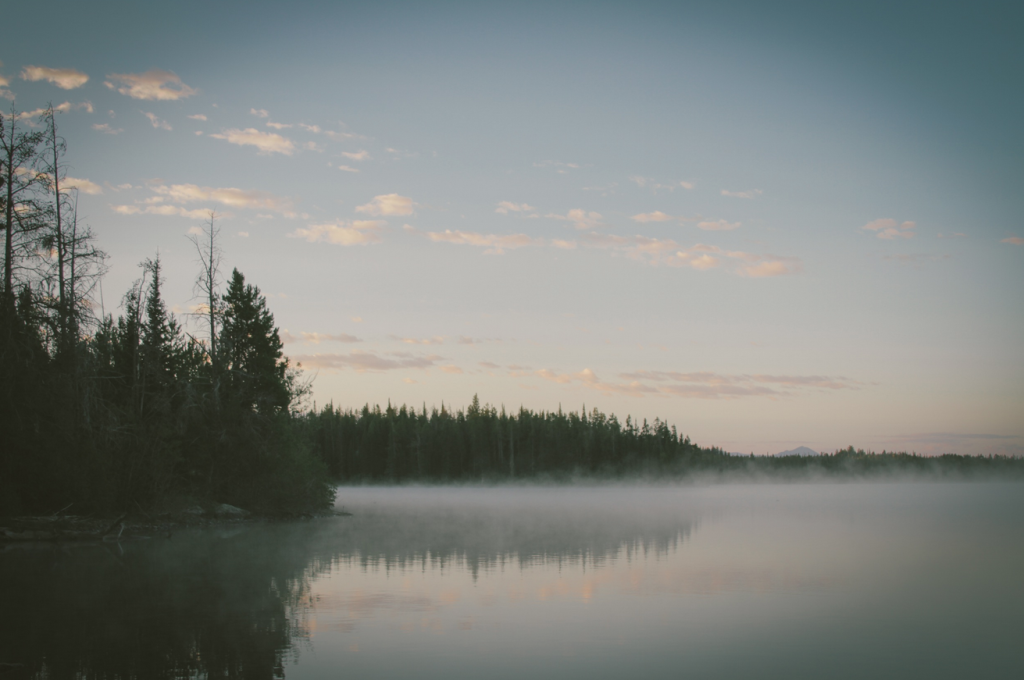 The great tragedy of my generation, and perhaps yours too, is that we cannot appreciate the residue.
A few years ago, when I was ready to leave the church, finished with unanswered questions, unexplained theology, and mostly my unchanged heart, a wise man cautioned me. He didn't say I couldn't leave, he didn't even answer my burning questions about tithing and church membership. He simply talked about residue.
The great tragedy of my generation, and perhaps yours too, is that we cannot appreciate the residue.
A few years ago, when I was ready to leave the church, finished with unanswered questions, unexplained theology, and mostly my unchanged heart, a wise man cautioned me. He didn't say I couldn't leave, he didn't even answer my burning questions about tithing and church membership. He simply talked about residue.
I know this residue because I know my family, and the awful and beautiful desperation in each of us to find some resolution in our faith. The thing is, I'm not sure any one of us realizes that every new place is unsoiled in our minds until we walk in there with our past and hand it with trembling hands to yet another person to review.
I have found an abiding rest among people who laud the character of God more than the work of God. For my oldest brother, he found solace in liturgy and the Orthodox church for a time; another brother finds his sanctuary among people and an adventurous life; yet another one took his to the grave and another one has sworn off religion entirely. The one who was four when he declared he would be a pastor, is a man now and I have no doubt that wherever he goes the gospel is carried. I have yet to see where the youngest two land.
This I do know: were you to gather the doors of every church we have collectively darkened the hallway would go on for a seeming eternity.
The residue my parents left with us (and I'd venture to guess they carried over from their own parents) is a unsatiated curiosity that will not be silenced by the mere telling, but only by the experiencing.
We were the experientially educated.
This meant that while other families were stuck in their routines and normality, rote reasons for what they did every single day of life, my family was on some sort of adventure to figure it out. And sometimes it looked different every year. Because this was our family we didn't know any differently, and I cannot thank my parents enough for the flexibility of spirit they gave each of us. There is not one of our brood who will not choose risk over reward every day. This is what they gave us, this is the sweet residue of growing up in my family.
But it also meant that my parents were sometimes figuring it out in front of us, as we went along. And that residue was left on us as well. It felt like whiplash sometimes, the speed at which things would change, new convictions, new ways of living. It was always an adventure, but not always a pleasant one. And it left us, me at least, with more questions than answers. This is what I mean when I talk about an unsatiated curiosity--I likely won't stop until I understand something as fully as is possible on this dirt-ridden kingdom (regardless of how many things get torn apart in the process).
It also left me with a deep, deep understanding that people everywhere are figuring it out. Democrats and Republicans, Reformed and Arminian, complementarian and egalitarian, churched and unchurched, organic and prepackaged. Deeply in us, we're still figuring it out, still walking by faith, atheists and Jesus-lovers both. And deeply in us we bear the residue of someone else who was trying to figure it out, and on and on it goes.
The great tragedy of my generation is that we fail to appreciate truth regardless of the package or label, and more so, we fail to appreciate the residue it holds and leaves on people around us.
You and I, we're shaped by ideals, ethics, theology, and practices and I guarantee that not one of us arrived there on our own. We all carry the residue of what came before us.
The next time I find myself wanting to rant on something, retweet a clever 140 characters, facebook a quote, or sink into deep thought over an ideal not my own--I want to think about this: who arrived at this thought and what reside were they carrying? And how does my residue read this differently than it was perhaps meant? Or how might my residue lend wisdom to this thought?
I think I would be quieter, less egotistical, and certainly more circumspect if I asked these questions more often.
I think the residue I would leave might be more of a pleasing fragrance than a sticky mess:
But thanks be to God, who in Christ always leads us in triumphal procession, and through us spreads the fragrance of the knowledge of him everywhere. For we are the aroma of Christ to God among those who are being saved and among those who are perishing, to one a fragrance from death to death, to the other a fragrance from life to life. Who is sufficient for these things? For we are not, like so many, peddlers of God’s word, but as men of sincerity, as commissioned by God, in the sight of God we speak in Christ. II Corinthians 2:14-17












